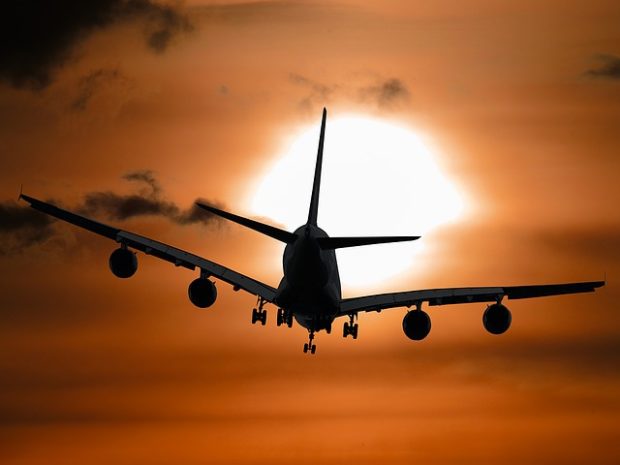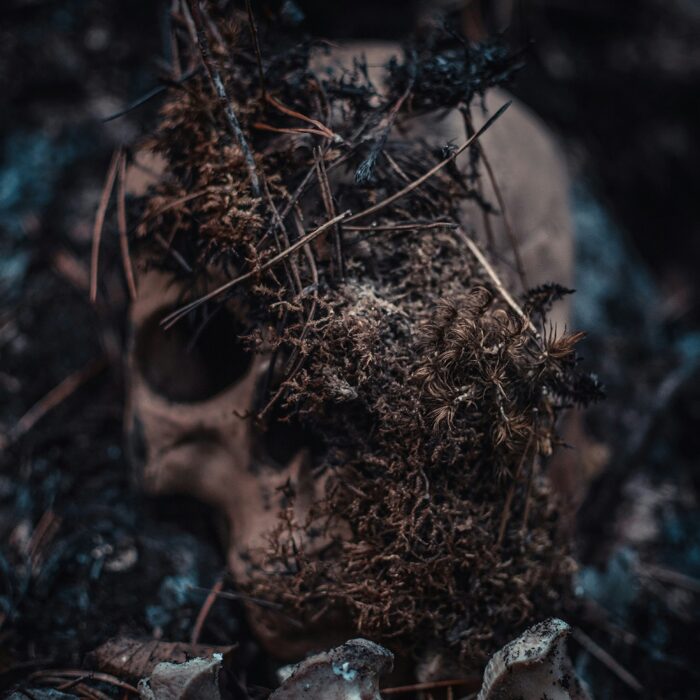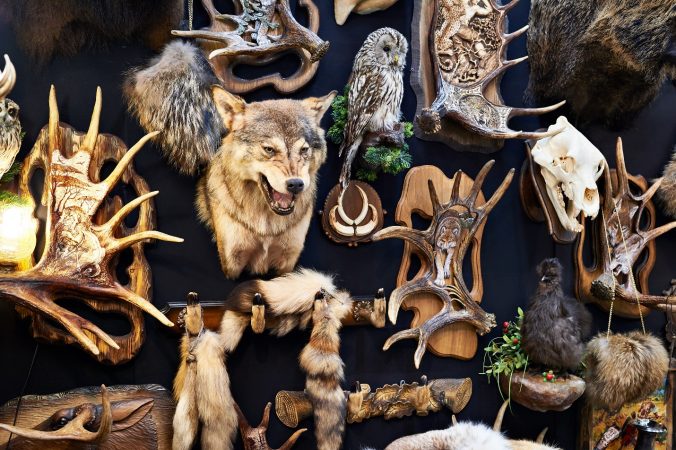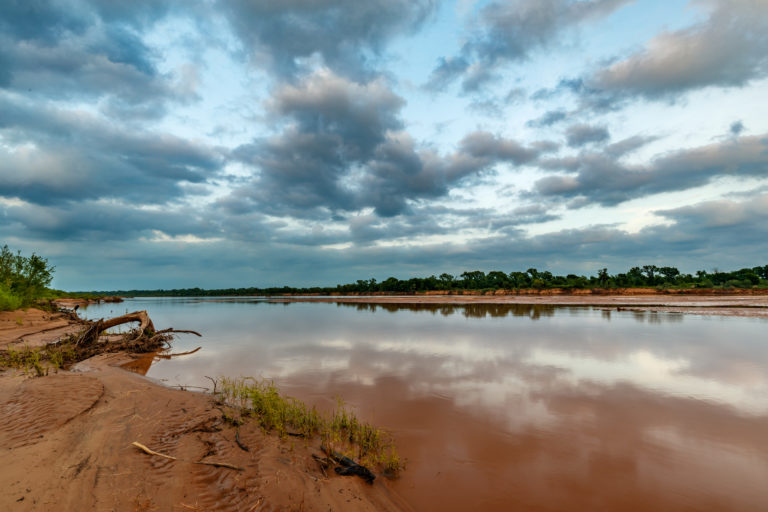You have no items in your cart. Want to get some nice things?
Go shopping
The airport in Bucharest was open-aired in the nineties, the walls were glass from the floor up about fifteen feet, with the last five feet or so open to the outside. Guards patrolled the hallways in pairs, wearing furry Russian hats, swinging long rifles as they walked, sometimes holding the leash of a German Shepherd. To me, they were like the soldiers who guarded the Wicked Witch’s castle in the Wizard of Oz, and I was afraid of them.
My boyfriend and I landed in Bucharest on a November afternoon during a snowstorm, for a short stop to change plans on our way to Bangkok. We had saved $600 on airfare by using the Romanian airline, Air Tarom, rather than something more mainstream, and were happy enough with the older-yet-solid jet that flew us from Istanbul, where we’d been staying, to Bucharest. At some point while we were in the air, sipping an orange beverage that tasted like Tang and sharing a giant bar of chocolate, the pilots of Air Tarom went on strike, and when we arrived there were no pilots willing to fly any plane anywhere.
They told us the news as we exited the plane. Rather than getting on another, we were to wait at the airport “until arrangements could be made.” I didn’t understand when a dark-haired official confiscated my passport, while everyone else on the plane seemed to get theirs back. When I asked, he looked through me like I was a momentary shimmer in his peripheral vision, and turned to the next person in line.
Adaptable as I am, I was not used to being ignored, and not ready to be dismissed. I looked for Erol, who’d gone through the line in front of me, and saw him on the other side. I watched him tuck his French passport into his shirt.
“I need my passport back,” I told the man. A small woman in a neat blue suit appeared next to me and informed me that they must hold the American passports, and that if I wanted to enter the airport, I had to surrender my passport. Those were the rules, there were no exceptions.
“Only American passports? Why?” I wanted to know. But my questions were not their concern, and they took my passport and hustled me along.
My passport and I had journeyed together across many experiences in the past five months. My most guarded possession, it provided me with the means to move freely in the world, yet tied me back to home. It was an extension of my body, strapped against the skin of my waist in a small canvas belt that had moved with me for five months. I left it behind, my sense of security amputated from my psyche. I had no choice.
I entered the airport and noticed the guards right away. They moved in twos, always chatting in loud Russian-sounding voices, gesturing at times with their rifles. Shops and food vendors lined the hall, none of whom could take a credit card for foreign currency, except for American dollars, which were welcome everywhere. I had a few American dollars, just a few, and was relieved that I had the means to buy a hot sandwich, which I did as the first order of business, and Erol and I sat on the floor to eat it.
As soon as I pulled out my American money to pay for the food, I attracted a crowd of Romanian peasants that I hadn’t seen before. They gathered around me with their bare feet and sad eyes, begging for some American dollars, demanding that I pay them something for their misery. I was a rich American, and they had nothing. One young woman was especially persistent, saying over and over “please to give me some American dollars, my brother is so sick, we are so poor. Please to give me some American dollars.” I wished I could help, but didn’t carry extra money. I was guilty of being American and not living in poverty, but I shut off the awareness, it was too intense, and I had nothing to give.
Snow swirled through the open windows, mingling with the air in the terminal to fall down on us. In our T-shirts and sandals, the snow soon became an onslaught of ice bullets. We were freezing. The only source of heat I could find was a small space heater in the women’s restroom, and I huddled next to it, leaving Erol to fend for himself. But one can only spend so much time hunkered down in a busy, dingy bathroom, and I wasn’t there long before I needed to leave.
“Cherie!” Erol called to me from down the hall, striding up to me with a big grin on his face. “I got this from one of the guards. Let’s drink now to be warm!”
He held out a bottle of Russian vodka for me to see.
It was a cheerful bottle, and a drink sounded pretty good, so I squashed the faint intuitive nudge that vodka might not improve our bodies’ heat retention before it could turn into a full-fledged thought.
We found a dark corner where the snow didn’t reach and sat with our bodies mashed as close as we could get with our clothes on, and swigged vodka from the battle, chatting with a couple camped near us, sharing our vodka with them. Before long we were warmer, and for a couple of hours we had fun, and laughed drunkenly at the expense of Air Tarom and Bucharest.
And then we were cold again. Very cold. I no longer noticed my teeth chattering – my entire body chattered uncontrollably. Delirious with cold and vodka, I thought of my passport, and whether it was a drunken stumble or a brilliant leap in intuition, I suddenly knew that our entire future depended on getting my passport back at once. “I want my passport!” I announced.
“Yeah,” Erol slurred, “go get fucking passport! Why they take your passport?”
I marched over to the dark-haired woman.
“Excuse me, I want my passport right now,” I said. My voice shook.
She turned toward me, faced me squarely, and stared.
“My passport?” I said again.
She continued to stare. Her entire body seemed to have turned to stone, except for her eyes, which followed me with a scientific detachment, as if I were a wild beast exhibiting an interesting behavioral trait.
And perhaps I was.
“Give me my fucking passport!” I screamed. What was up with this cold Slavic bitch, who expressed as much emotion as a blank piece of paper? Who the hell did she think she was? But wait, this woman had a temper, I knew. Because I’d seen her throw a hissy fit several hours ago, when she went off on a male airline employee, shrieking and stamping her feet in fury, her heels crashing onto the concrete like exclamation points. She was not without sharp edges. How could she stand there and ignore me?
“Hello?!” I shouted. “Are you going to answer me? I’m a human being standing in front of you! I’m a customer of your airline! I want my fucking passport!”
She didn’t move a muscle; her face registered no response to my anger. I didn’t know what to do, what to think. How was it even possible? This would never happen in America, I thought, and planted a seed within me for a new appreciation of the U.S.A.
But I wasn’t in America on that cold night in November, I was in Romania, freezing and starving, trying to squeeze my passport out of a statue. What could I do? Nothing, I realized, and shrank, my hysteria dying with my hope. I stumbled back to Erol, who seemed to have reached the edge of panic himself.
“We’re in trouble, cherie,” he said, his eyes wide. “Come on, we need to keep moving or we’ll freeze to death!”
We linked arms and jogged sloppily around the airport, exhausted and shaking, our minds foggy. It was now four in the morning, and we’d been trapped for twelve hours in this cold, dark place, stripped of the means to keep warm or rest or eat.
But our nightmare was to end, we were soon told, by the same statue woman who had repelled my questions so effectively, because “arrangements had been made,” and we were to be transported to a local hotel until a pilot could be found to fly our plane to Bangkok. Our baggage, previously impossible to provide to us, appeared miraculously, and we lined up to wait for our ride.
Erol and I were third in line, waiting for our bus, ecstatic at the prospect of escape even though I was still not allowed to have my passport. Erol suddenly laughed. I looked at him, and he pointed to the people’s bags next to us. White tape with the Air Tarom logo was splayed across the sides, with the words “First Class” written in bold red writing. It was one of the funniest things I’d ever seen, and I couldn’t help laughing. The owners of the luggage looked abased when they realized why we were laughing, but then they too started in, and the four of us laughed a long time. It was painful laughter, strung out and desperate, but it felt good.
The bus, as it turned out, was a tiny shoe car with three gears, and it carried us two by two to the hotel, whirring and shuddering as its driver pushed it to its maximum capacity. I fully expected the little car would revolt and seize up, but we were dropped off at a decent hotel with no problems, anticipating a hot shower and warm bed. But we soon learned this was not to be, as all water and electricity were shut off at night until nine a.m., due to the National Energy Crisis. We were shown to our room, which had a comfortable bed with a warm comforter. We burrowed in at once, relishing the comfort as a thing of wonder – a gift from God.
That afternoon, the airline found a plane for us and we were called back to the airport. I was warm, well-fed and clean when we walked into the terminal, and excited to be headed out once again for our trip to Thailand. As we entered our departure gate, an attendant handed me my passport. Erol looked at me to see what I would do, but I had burned off all of the feelings allotted to me for passport drama, and I took it without comment. We headed toward the plane in good cheer, until Erol paused and started muttering in French. He didn’t like the looks of the plane, which turned out to be military, an army transport unit. Apparently a large part of the Bucharest International Airport was used by the Romanian military, and somehow they had arranged for us to go by army transport to the U.A.E., where we would change to a 757 and fly to Bangkok.
The details of this plan alarmed me. How likely was it that a Romanian military plane would be shot down when it flew into Iraqi air space? What about all those other Arab countries that seemed to be always at war? I cursed my inattention to news and geography.
In the end, the concerns we had over this new flight arrangement didn’t outweigh our desire to get the hell out of Bucharest, and we decided to take our chances with the army plane. We boarded and figured out how to get strapped into our jump seats, the propeller engines whirred to life, and the old plane huffed down the runway. As she picked up speed and approached the end of the concrete, I squeezed Erol’s hand, and prayed to any deity that might be listening to please hoist this plane off the ground and take us onto our next journey.
About Brenda Ellis
Brenda is a writer, oil painter and internet entrepreneur who lives in the mountains of Colorado with her husband, children, and a pack of wild dogs.




